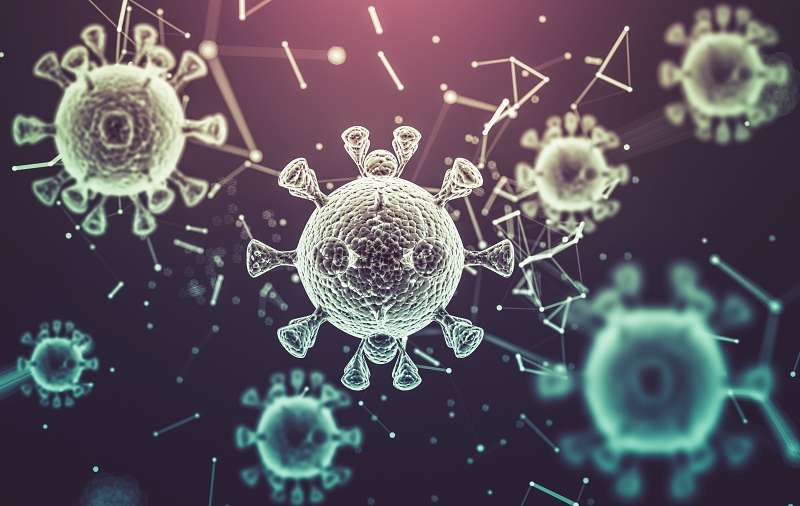
A research team of the Korea Advanced Institute of Science and Technology, aka KAIST, has developed molecular switch technology that can restore cancer cells back to normal. (iclickart) *[Unauthorized reproduction and redistribution of the above photo is strictly prohibited under copyright laws and regulations.]
By Park Hye Ri
A domestic research team has discovered a method for restoring cancer cells back to normal.
The Korea Advanced Institute of Science and Technology (KAIST) on Feb. 5 said the team led by professor Cho Kwang-Hyun of the school's Bio and Brain Engineering Department developed molecular switch discovery technology that captures and analyzes critical transition, a phenomenon in which normal cells turn cancerous, to reverse this transformation.
Critical transition refers to an abrupt change of state that occurs at a certain point similar to how water turns into steam at 100 degrees Celsius. This phenomenon also occurs when normal cells turns cancerous due to the accumulation of genetic or epigenetic changes.
The team found that right before normal cells turn cancerous, they can undergo an unstable state of critical transition in which normal and cancer cells coexist.
The team analyzed this by applying systems biology methods to develop technology for discovering a molecular switch for reversing cancer. It applied this approach to colon cancer cells to confirm that cancer cells can recover the traits of normal ones.
"This research has meticulously shown at the genetic network level what changes occur within cells during cancer development, which was long considered a mystery," Cho said. "This groundbreaking study has found that the critical clue to reversing the fate of cancer cells by reverting them back to normal is hidden in these moments of transition."
The findings were published on Jan. 22 in the online edition of the international academic journal Advanced Science.
hrhr@korea.kr